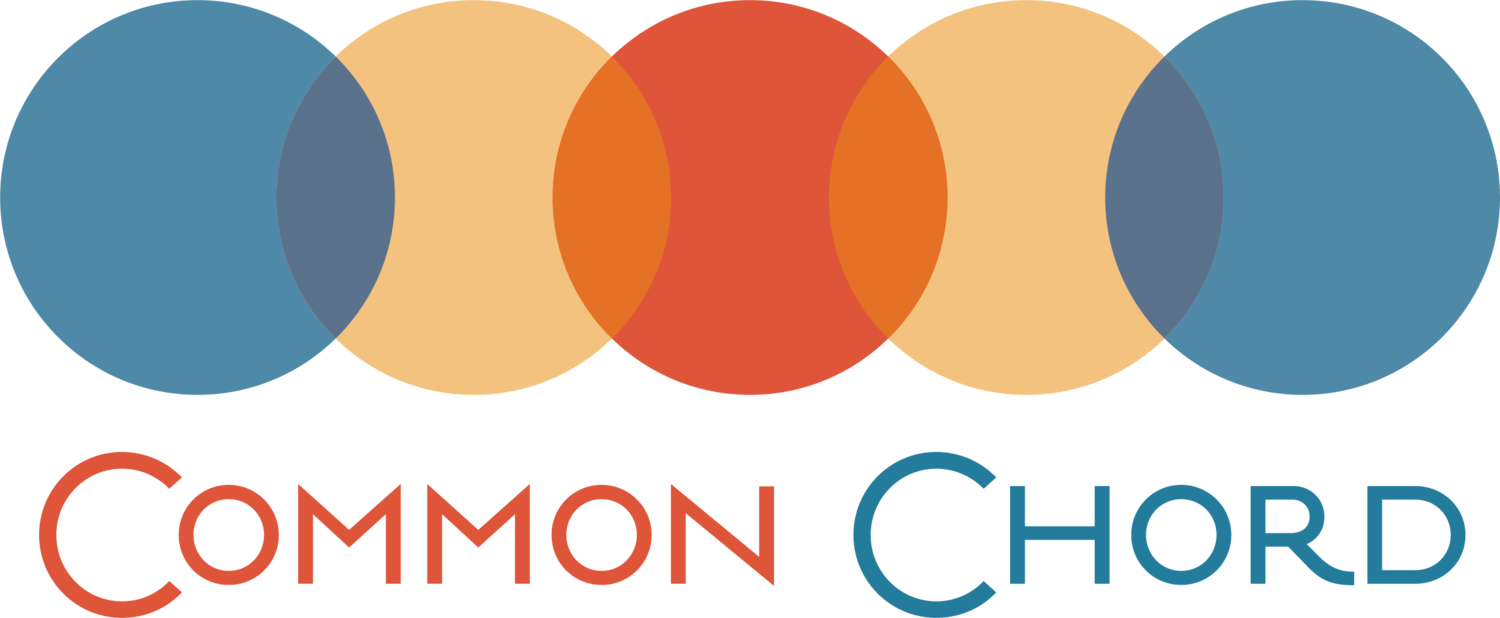Balancing Joy and Loss in the Adoption Triad
In my recent podcast, I did a two part interview with Mark Hagland, a transracial adoptee and author, on the subject of transracial adoption. In the second episode, we spoke frankly about the hard parts of being a child of color raised by White parents AND being adopted. To add layers to layers, we also discussed the complexity of navigating the world as an LGBTQ+ adoptee.
The prevailing narrative in our culture has been that adoption is a win/win/win for adoptees, adoptive parents, and birth/first family members. But this hasn’t been accurate or fair. Personally, I realized that I am incredibly lucky to be an adoptive parent. Yet the two other members of the adoption triad, adoptees and birth parents, experienced significant loss when adoption placements were made. When children of color have been adopted by White parents there is also the loss of living with racial mirrors.
In much of my professional work I encouraged fellow adoptive parents to make sure they are not presenting a glossy, “love is enough” and “isn’t adoption such a noble thing”, narrative. Because the result may have been that adoptees were led to believe that they need to feel grateful, often in the midst of significant adoption related loss. They could have felt tremendous guilt when they can’t only feel grateful about adoption.
Much of the rest of my work focused on the “hard stuff” in adoption. Not to be a downer, but instead preparing adoptive families for the reality of adoption and to help them show up for our kids fully.
I appreciated Mark Hagland noting that “tragedizing your child’s story” was also not helpful. As with many things in life, there was a sweet spot in the middle: between glorifying adoption and tragedizing your adopted child’s life. Many adoptive families started their journeys closer to the “love is enough” place and after spending more time as an adoptive family they started to realize that there were unforeseen hard parts. They listened more to adoptee voices that point out the grief that was part of their experience.
It’s imperative that adoptive parents recognize the grief when it comes.
As Mark noted, it is equally imperative that adoptive parents do not get stuck in the grief. Knowing that your child has experienced loss and that the predominant narratives about adoption have been oversimplified is NOT the same as feeling that your child’s whole life is tragic. That lended itself to pity, and allowed parents to get stuck in the hard stuff, rather than focusing on keeping open communication and building resilience for and with their child.
3 Reminders to Help With the Goal of Not Tragedizing Your Child’s Story
Children can have BOTH intense feelings of love and safety AND feelings of grief and loss.
There are hard parts of adoption, AND when those are acknowledged and supported, you can celebrate your family too.
Adoptive parents have tremendous power in the adoption triad, AND that knowledge can help you do the work to show up fully for your child.
For more on this, check out the most recent podcast episode, The Complexities of Identity Abundance with Mark Haglan, here.
Dr. Laura Anderson
Dr. Laura S. Anderson specializes in educating and supporting families, as well as clinicians who support transracial adoptive families, across the globe to overcome barriers, derive strength from their differences, and thrive. She is a dynamic advocate for multiracial families and a strong advocate for supporting "third culture" children and families who may need support with the stressors associated with living out of their countries of origin.
Contact Dr. Anderson here.



